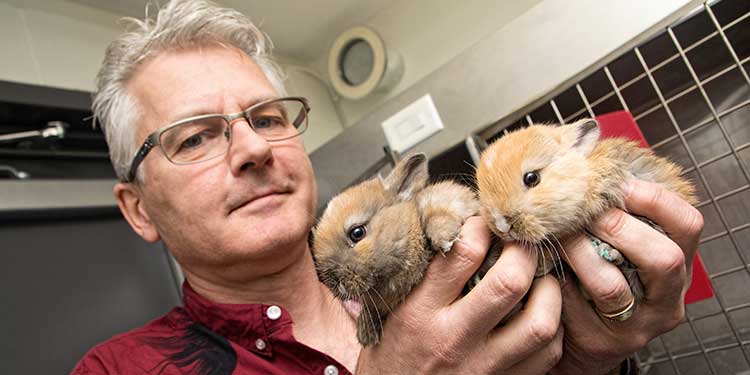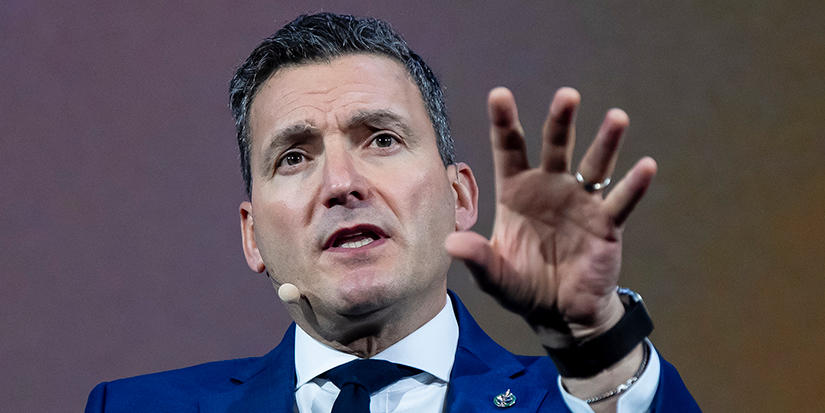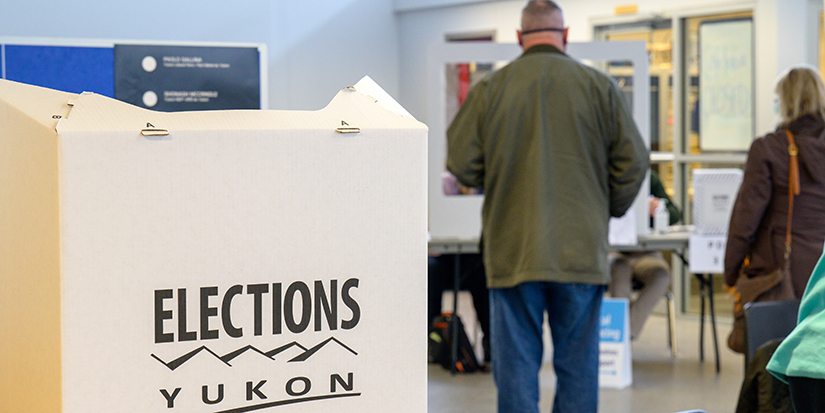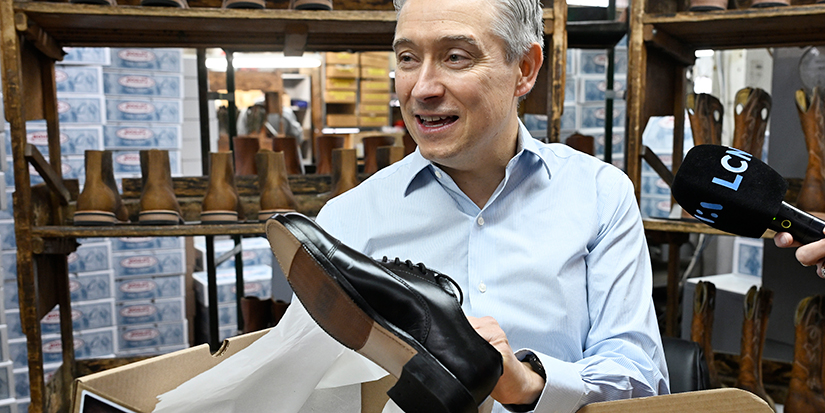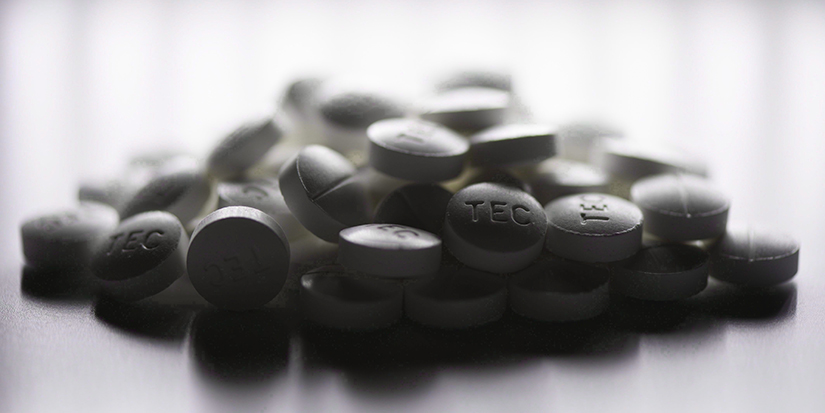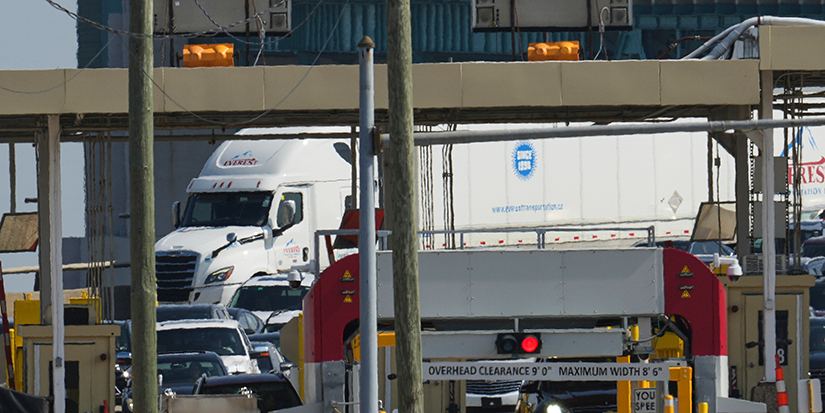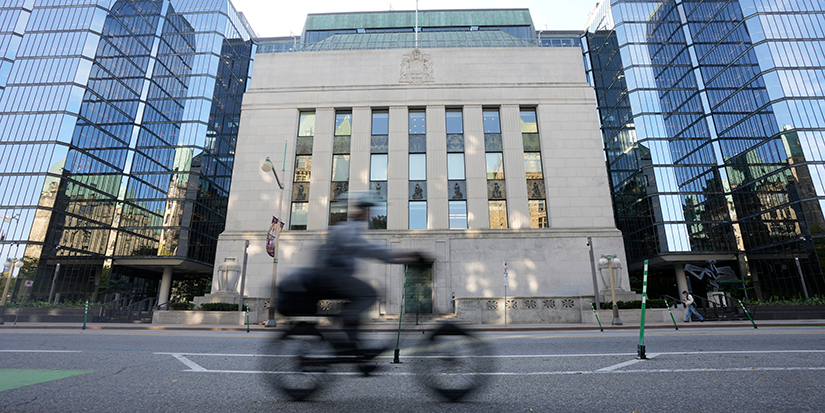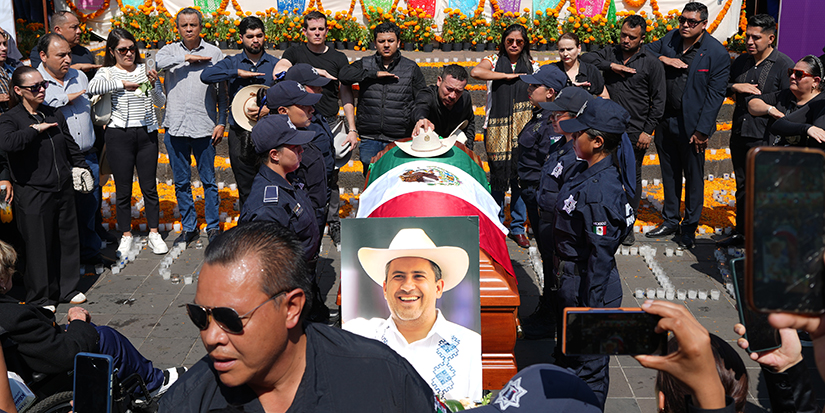Latest News
Rabbit plague hits Richmond hard
Published 4:13 PDT, Fri April 27, 2018
This is serious.
Normally, when one reads of a plague in the
news, it turns out to be hyperbole. Not this time. The rabbit hemorrhagic
disease (RHD) accidentally introduced into the Richmond rabbit population is
devastating, both to feral rabbit numbers and for those who love their house
rabbits.
Regional Animal Protection Society (RAPS)
executive director and CEO, Eyal Lichtmann says, “We’re devastated. Some of the
rabbits been with us for five years. They’re our pets.”
Lichtman says they found two dead baby feral
rabbits, pet rabbits that have been left to go wild, a few meters from RAPS’s
rabbit enclosure. They were
immediately sent for testing.
“While we were getting testing done, rabbits
started dying. It took a week to get the testing back. During that test period
we were experiencing rabbits starting to die on us.”
Rabbits are normally very quiet animals. “During
this death the rabbit is screaming at the top of its lungs. It’s horrific. They’re
in incredible pain,” says Lichtmann.
According to Dr. Vikram Misra, a virologist
at both the Western College of Veterinary Medicine and at the Faculty of
Medicine at the University of Saskatchewan, RHD spreads rapidly, making rabbits
ill within two to three days of being exposed to the virus.
Asked about the devastation to British pig,
sheep and cattle herds in 2001, Misra, a virus expert says, “It’s worse than foot-and-mouth
disease, because it is more resistant.”
Veterinarian, and former student of Dr. Misra’s,
Dr. Michael Schaufele says the death rate from RHD is at least 90 per cent. “I have
never seen a potential outbreak as serious as this could be,” he says.
Schaufele is worried. It hits close to
home for him and all at the Richmond Animal Hospital. Two baby bunnies,
accidentally caught in a rat trap, were brought into his animal hospital on
No. 3 Road. The babies are in strict quarantine.
“Baby rabbits can have the virus in their
system but for some reason, even though they can infect other rabbits, they don’t
get sick until they are at least 8 weeks old,” Dr. Schaufele says. It’s a
waiting game. The baby bunnies are in a room of their own. No one who owns
rabbits goes into the babies’ room or does the laundry at the clinic. Dr.
Schaufele changed his shirt and washed his hands thoroughly after he handled
the bunny babies for The Sentinel photo shoot.
Dr. Misra says they aren’t being
over-cautious. “RHD spreads readily. It’s an amazingly resistant virus once it’s
in the environment. It doesn’t get destroyed. Contaminated material stays
contaminated for a long time. It can be spread by direct contact as well.”
Dr. Misra points out the problem with RHD, “It
is so contagious and easy to spread and kills so rapidly.”
With that said, do we have to worry about
other pets or our human families?
Dr. Misra is reassuring, “Everything suggests
it’s specific to rabbits. I don’t know that it can affect other animals.”
Dr. Schaufele says RHD is exceptionally
specific, “It is only a rabbit disease and not hares, the real wild rabbits, or
cotton tails. It only infects the kind we keep for pets, European rabbits.”
He says the problem is that so many pet
rabbits have been let go. The pets that have gone wild, but who are not
genetically wild rabbits, feral rabbits, are still European and can spread the
disease so well.
“There can be transmission by flies. It can
be on clothes. It’s super contagious,” Dr. Schaufele says.
Dr. Misra explains, “Because it’s such a
hardy virus, if there are rabbits around outside, flies can transmit it. It’s
so hard to kill that flies will alight on a carcass or feces containing virus,
and carry it over. (The virus) does survive. It’s hard to kill.”
Through a special government release program,
there is a RHD vaccine from France available through some veterinarians. Citing confidentiality request from
vets, the list won’t be released by the BC Ministry of Agriculture but they
suggest phoning your usual vet. If they do not have the RHD vaccine, they may
know who does.
When it comes to safety, all involved say
making sure your rabbits stay indoors, at all times, is a good first step. If
anyone has been near other pet or feral rabbits, you can ask them not to visit
until your rabbit’s vaccination takes effect 30 days after their shot. Taking
shoes off at the door, using window screens, and washing hands well when you
come in from outside, are all good starts.
“All of those common sense things are good,
whether all of them will completely protect an animal, I’m a skeptical,” says a
cautious Misra though he offers hope, “If your rabbit is in isolation and if
your neighbours don’t have any, if there are no feral rabbits nearby, then your
rabbit will probably be ok.”
Misra is no cold-hearted scientist. “I love
animals. Except for snakes I’m very fond of animals but I’m from a country
where 99 percent of snakes are deadly poisonous and one percent eat you whole,”
says Misra, “I was born in India and then my family moved to Saskatoon when I
was 4.”
Eyal Lichtmann cares about animals, that’s
why he works at a no-kill shelter and that’s why this has hit him particularly
hard. “Our duty is to stop it from spreading on to the rest of the lower
mainland,” he says.
Dr. Schaufele too loves animals. With RHD he
says, “Depopulating is heartbreaking but it’s about the only way you can stop
it in these sorts of outbreaks.”
Just as with the 2001 foot-and-mouth disease
outbreak in the UK, where millions of heads of livestock were destroyed, after
the first two rabbits in RAPS’s care died, they made the saddest and most
responsible decision. “That means euthanizing the rabbits, ripping out the
cages, ripping out the infrastructure and incinerating everything,” Lichtmann
says.
While no one suggests a home with a few indoor
rabbits should consider this option, for those with large numbers of rabbits
exposed to RHD, “It’s one of the ways you try to curtail the spread,” says Dr.
Schaufele.
In spite of RAPS’ best efforts to keep their
animals safe, RHD snuck in, spreading to their rabbits. RAPS had to make a very
sad decision. “All 66 rabbits were culled. As an organization, this is not what
we signed up for. These animals trust you. They’re in your care and I don’t
think anybody wants the power of life and death over any other living being.
This is devastating.”
It is going to be a long time before rabbit
owners can breathe easy. Dr. Misra says it will be at least a year before we
can stop worrying about RHD.
At last reports, the baby bunnies at the
Richmond Animal hospital were doing “Awesome.”
